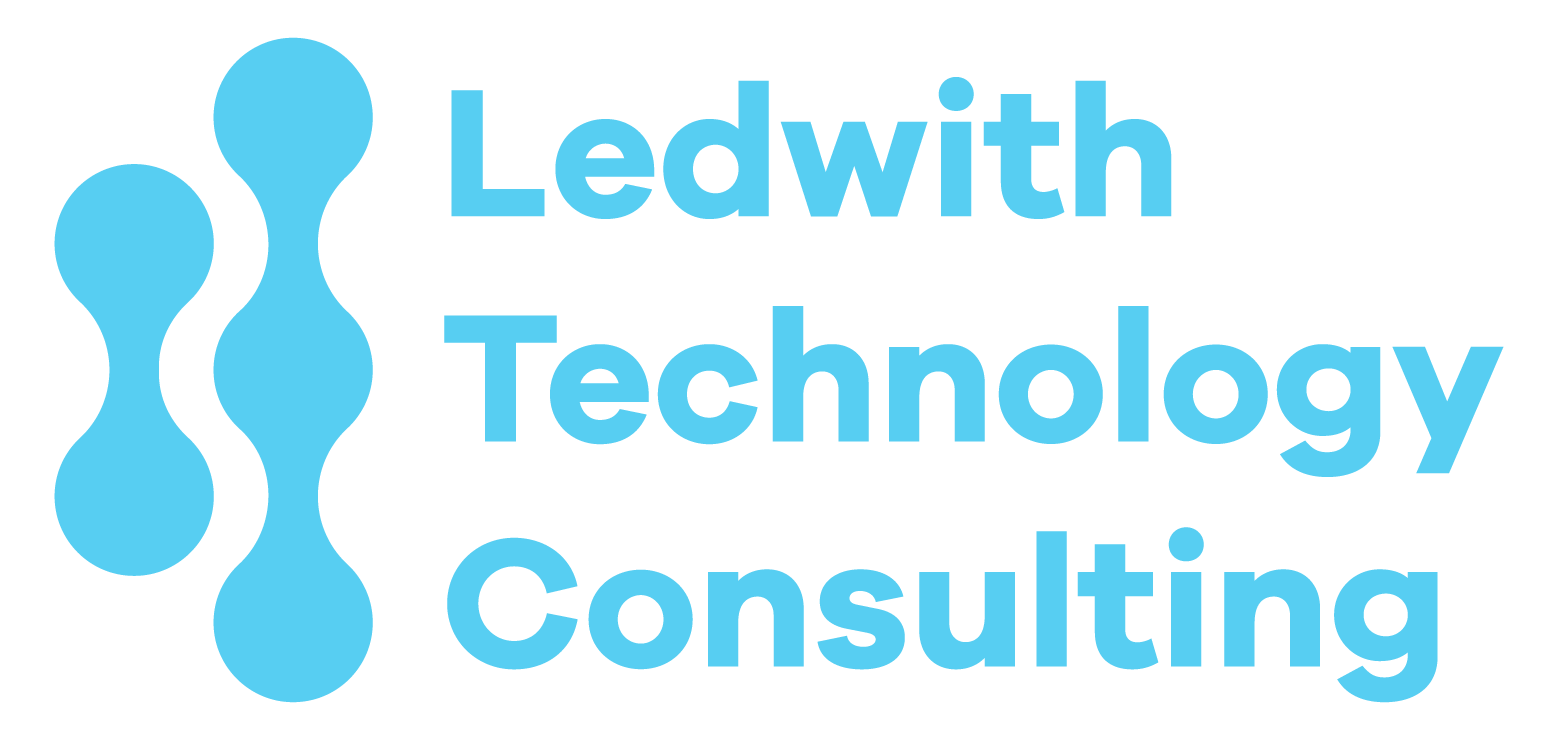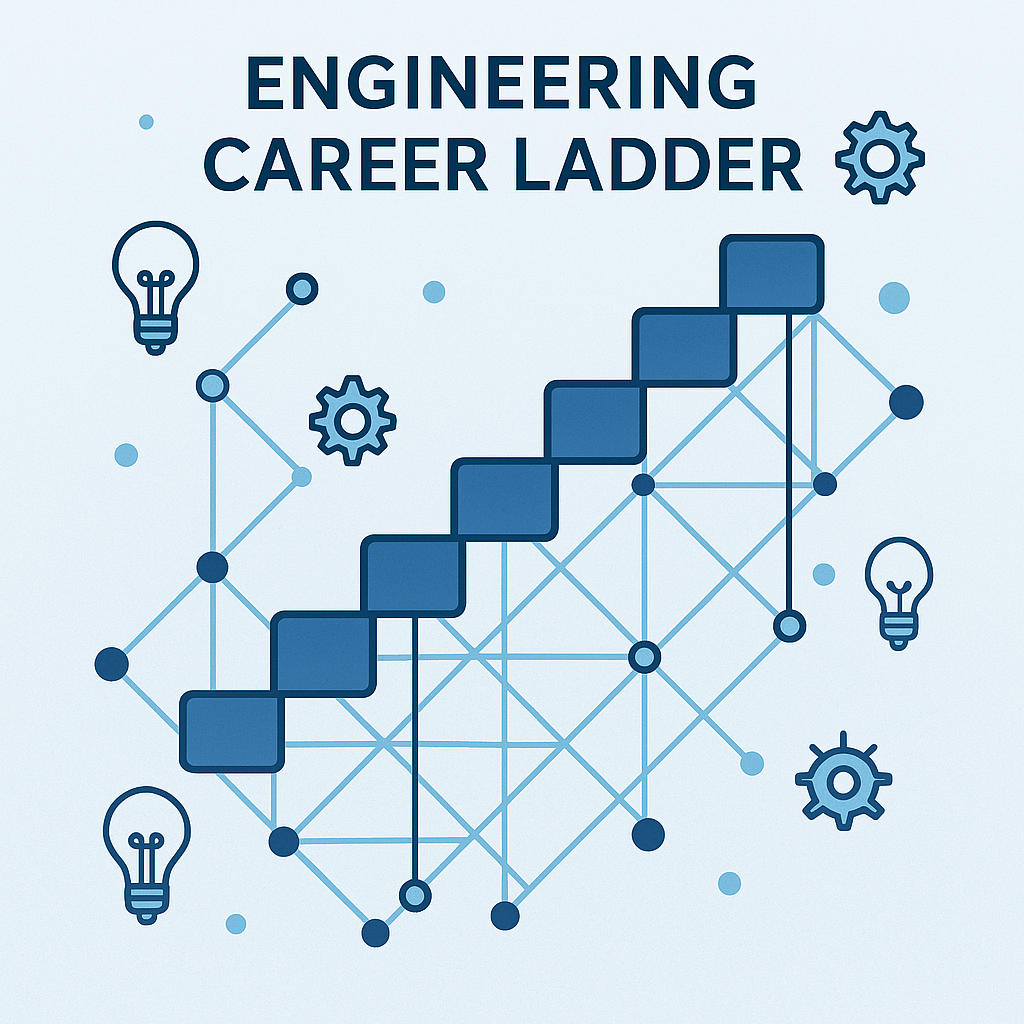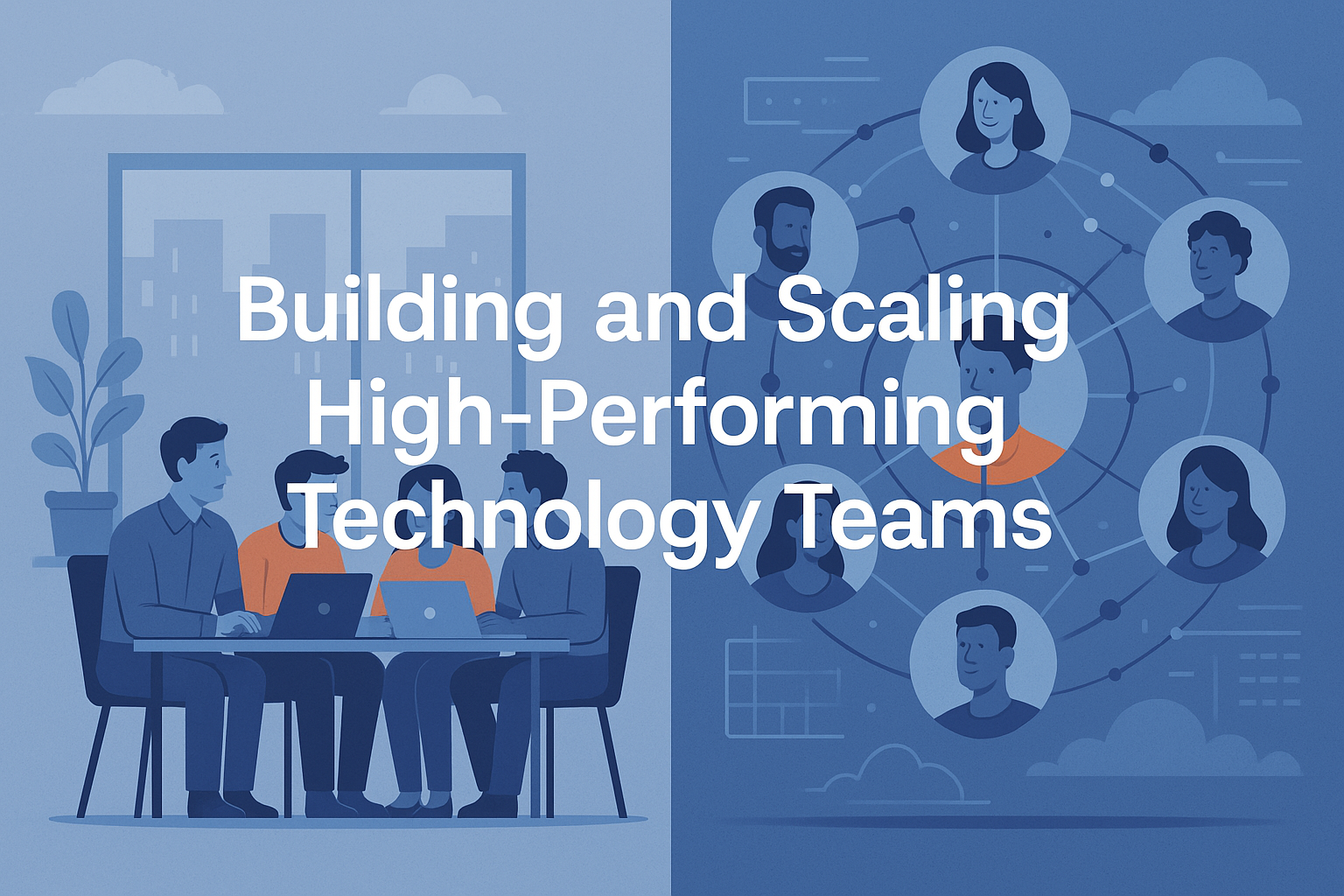By Stephen Ledwith June 20, 2025
As teams grow, knowledge silos form. New hires struggle to find their footing. Culture begins to drift.
Mentorship fixes all of that.
Done right, mentorship creates a culture of learning, accelerates onboarding, and retains top talent during the chaos of scale. It’s the kind of low-cost, high-impact strategy most orgs overlook—until it’s too late.
The Role of Mentorship in Scaling Tech Teams Successfully
Why Every Growing Team Needs It—and How to Do It Right
🚀 Why Mentorship Is a Force Multiplier
When we scaled engineering at eXp Realty, we faced the same growing pains most companies hit around the 20–50 engineer mark:
- New hires weren’t ramping fast enough.
- Senior devs were getting buried in Slack DMs.
- Institutional knowledge was scattered across Google Docs and tribal memory.
The solution? A simple, structured mentorship program.
Callout: Mentorship isn’t babysitting. It’s a deliberate investment in alignment, retention, and velocity.
🧩 Real-World Mentorship Structure (What Worked for Us)
Here’s what we implemented:
🔹 1:1 Onboarding Mentorship
- Every new engineer was assigned a mentor before day one.
- Mentors met with mentees twice a week for the first month, then tapered.
- Topics included systems walkthroughs, decision history, team norms, and architecture Q&A.
🔹 Weekly Sync & Goal Check
- Short 30-minute syncs kept onboarding focused.
- Mentees had clear milestones; mentors acted as guides, not managers.
🔹 Senior-to-Senior Pairing
- We matched senior hires with internal tech leads for lateral onboarding.
- These sessions focused on architecture, culture, and strategic alignment.
🔹 Reverse Mentoring
- Juniors were encouraged to flag usability issues, documentation gaps, or clunky processes—giving new eyes real value.
“Some of our best process improvements came from reverse mentorship. New hires questioned things we all took for granted.” — Stephen Ledwith
💡 Tactical Tips for Implementing Mentorship at Scale
Don’t just match by title—match by domain and personality.
Great mentorship depends on chemistry and context.Create a lightweight playbook.
Outline expectations, sample topics, and timing cadence. Don’t over-engineer it.Reward mentors.
Recognize them in performance reviews, team meetings, and promotion tracks.Audit and iterate.
Survey new hires after 60 days: Did the mentorship help? What could improve?
🧠 Expert Insights
“Mentorship is how you scale culture without scaling confusion.”
— Lara Hogan, Founder of Wherewithall
“Engineers don’t leave companies—they leave bad onboarding.”
— Camille Fournier, The Manager’s Path
✅ Final Thought
Scaling teams isn’t just about hiring more people—it’s about making sure they thrive. And mentorship is your leverage point.
Invest in it early. Codify it simply. And watch how much smoother growth becomes.




